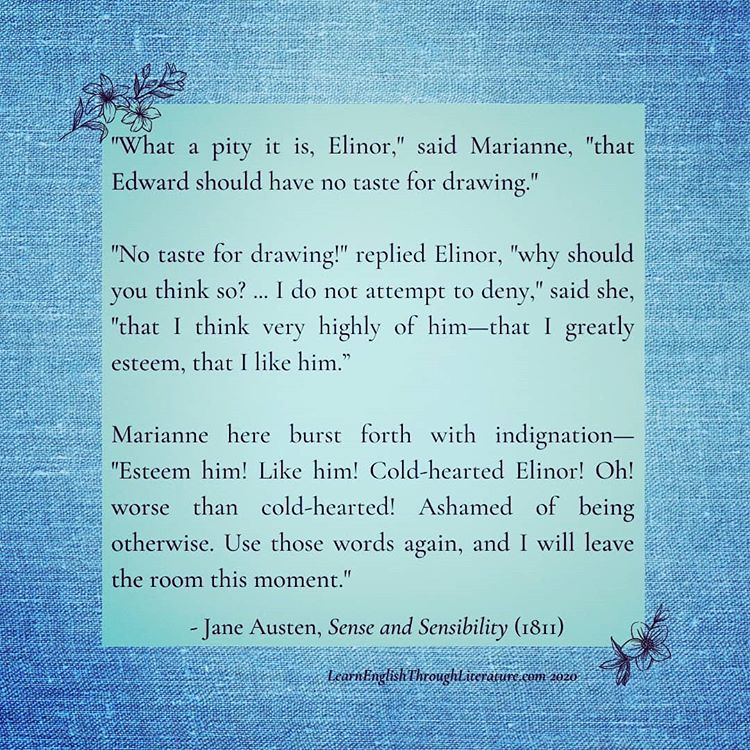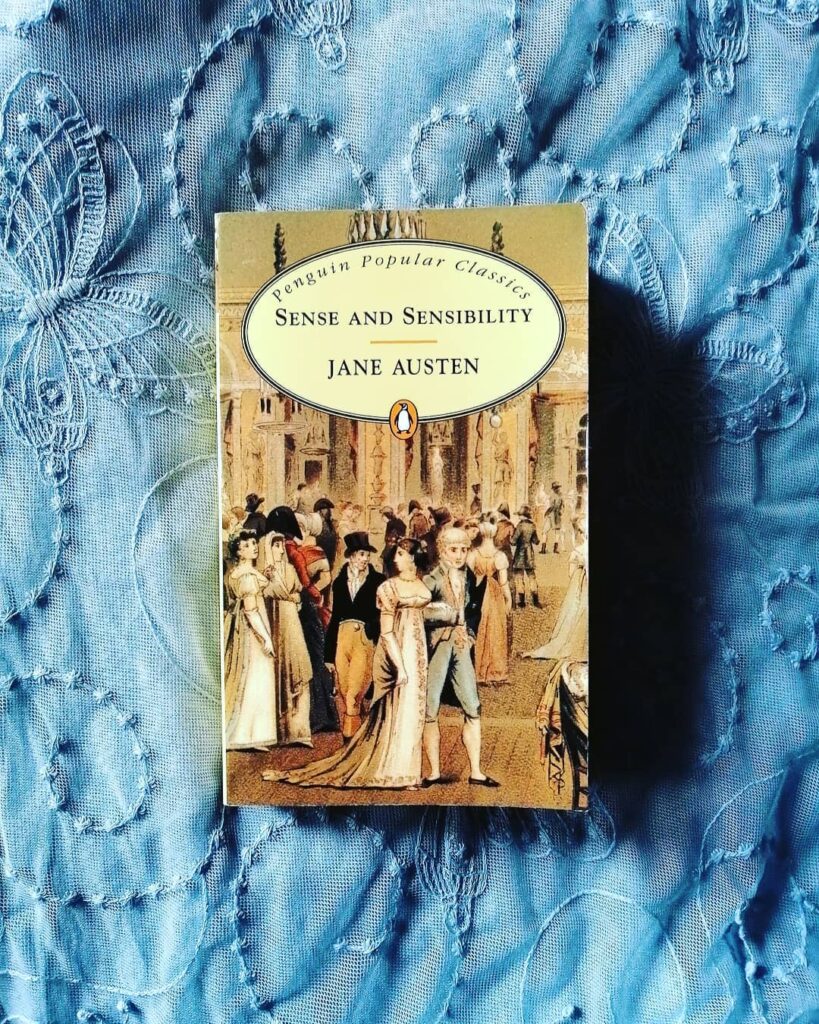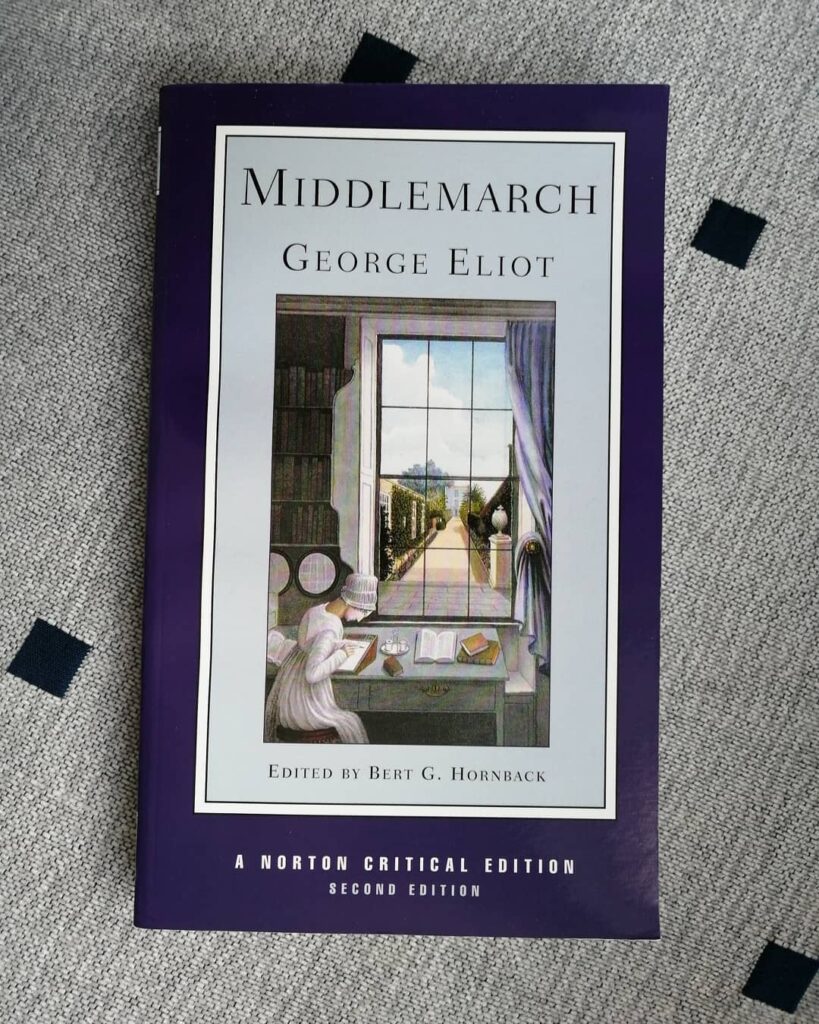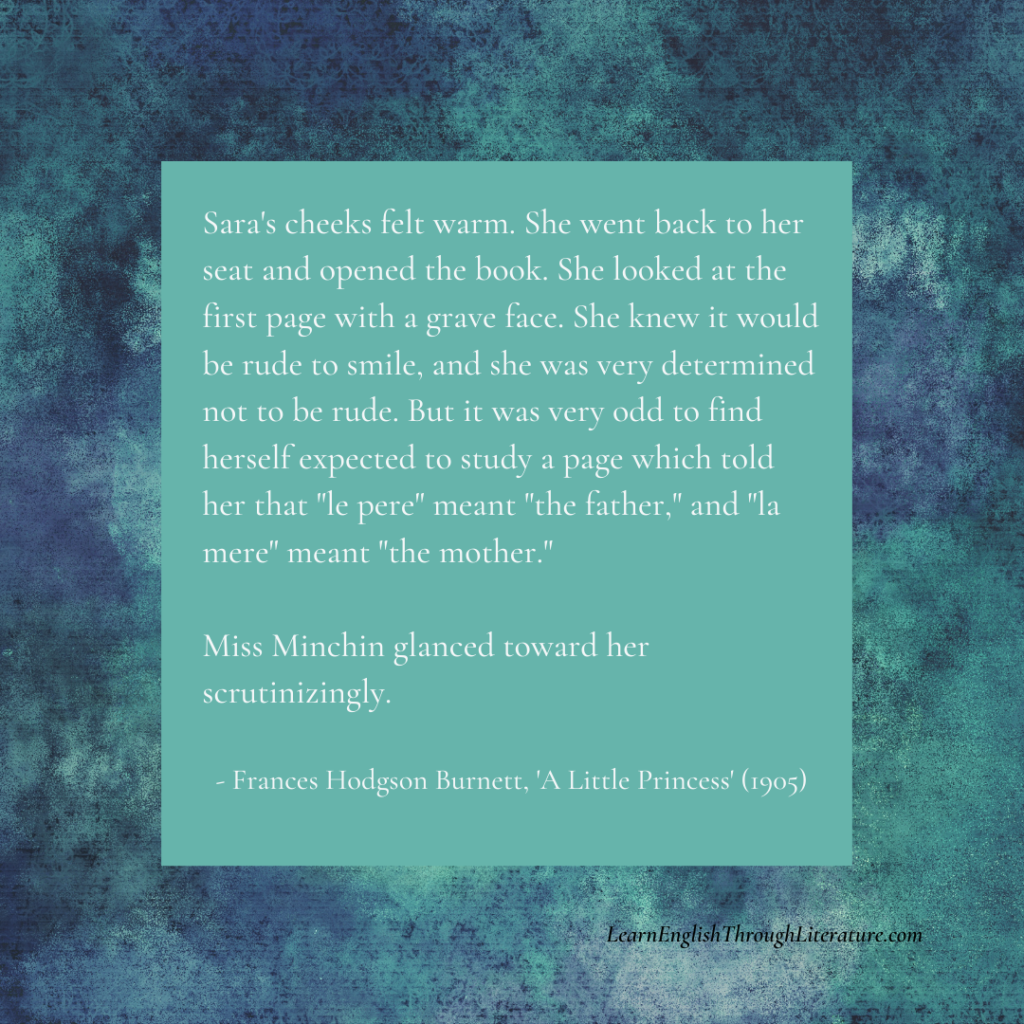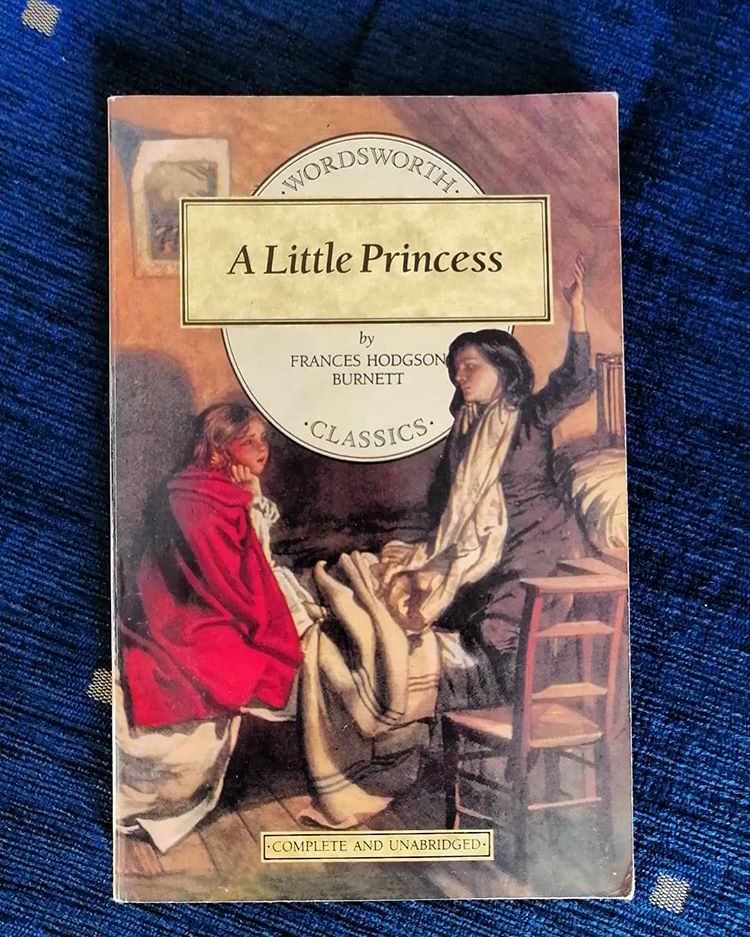Lesson #124: Some Ways British English Expressions Can Differ From American Expressions
Over the last few days I have been listening to several podcasts and YouTube videos while doing housework. Almost all of these are hosted by English speakers from the U.S.A., and I noticed how many expressions are used in conversational American English that aren’t typically employed in the U.K. or Ireland. Many English language learners […]
Lesson #124: Some Ways British English Expressions Can Differ From American Expressions Read More »


